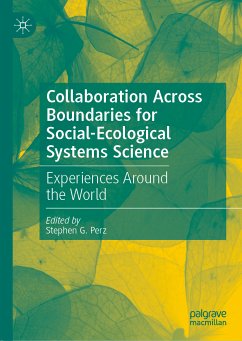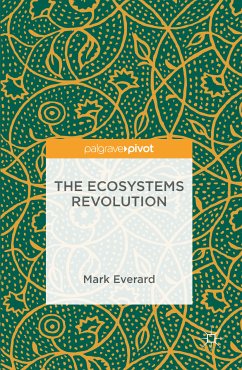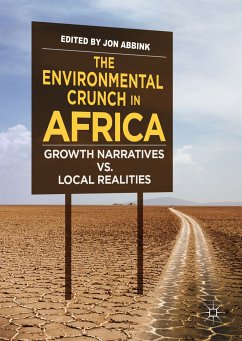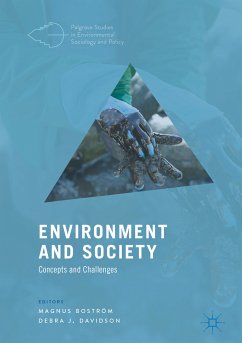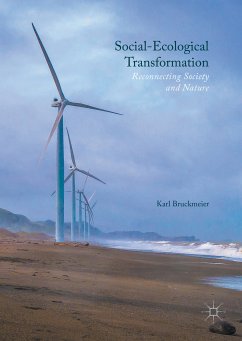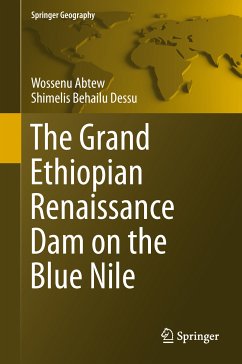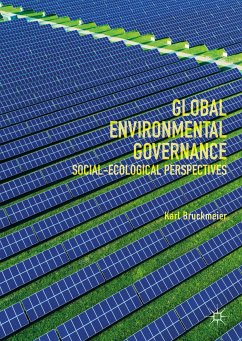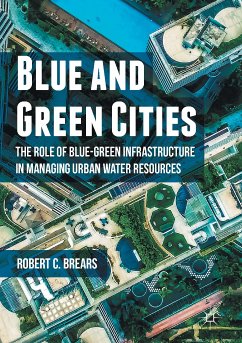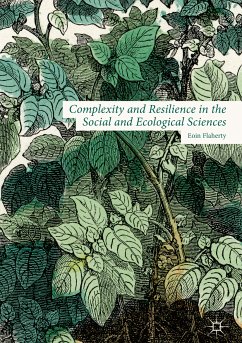
Complexity and Resilience in the Social and Ecological Sciences (eBook, PDF)
Versandkostenfrei!
Sofort per Download lieferbar
104,95 €
inkl. MwSt.
Weitere Ausgaben:

PAYBACK Punkte
52 °P sammeln!
This book introduces a new approach to environmental sociology, by integrating complexity-informed social science, Marxian ecological theory, and resilience-based human ecology. It argues that sociologists have largely ignored developments in ecology which move beyond functionalist approaches to systems analysis, and as a result, environmental sociology has failed to capitalise not only on the analytical promise of resilience ecology, but on complementary developments in complexity theory. By tracing the origins and discussing current developments in each of these areas, it offers several path...
This book introduces a new approach to environmental sociology, by integrating complexity-informed social science, Marxian ecological theory, and resilience-based human ecology. It argues that sociologists have largely ignored developments in ecology which move beyond functionalist approaches to systems analysis, and as a result, environmental sociology has failed to capitalise not only on the analytical promise of resilience ecology, but on complementary developments in complexity theory. By tracing the origins and discussing current developments in each of these areas, it offers several paths to interdisciplinary dialogue. Eoin Flaherty argues that complexity theory and Marxian ecology can enhance our understanding of the social aspect of social-ecological systems, whilst a resilience approach can sharpen the analytical power of environmental sociology.
Dieser Download kann aus rechtlichen Gründen nur mit Rechnungsadresse in A, B, BG, CY, CZ, D, DK, EW, E, FIN, F, GR, HR, H, IRL, I, LT, L, LR, M, NL, PL, P, R, S, SLO, SK ausgeliefert werden.



